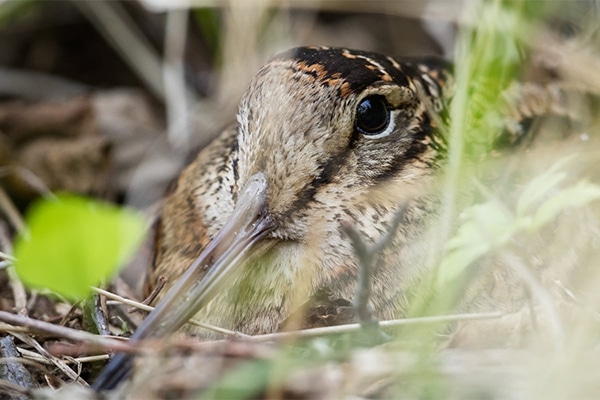
What you can do to help the woodcock
Without good woodland, we can’t have woodcock so what can you do to help?
Get information on the legal shooting season for mammals and birds in the UK.
Learn about our current conservation projects and how you can get involved.
Comprehensive information and advice from our specialist firearms team.
Everything you need to know about shotgun, rifle and airgun ammunition.
Find our up-to-date information, advice and links to government resources.
Everything you need to know on firearms law and licensing.
All the latest news and advice on general licences and how they affect you.
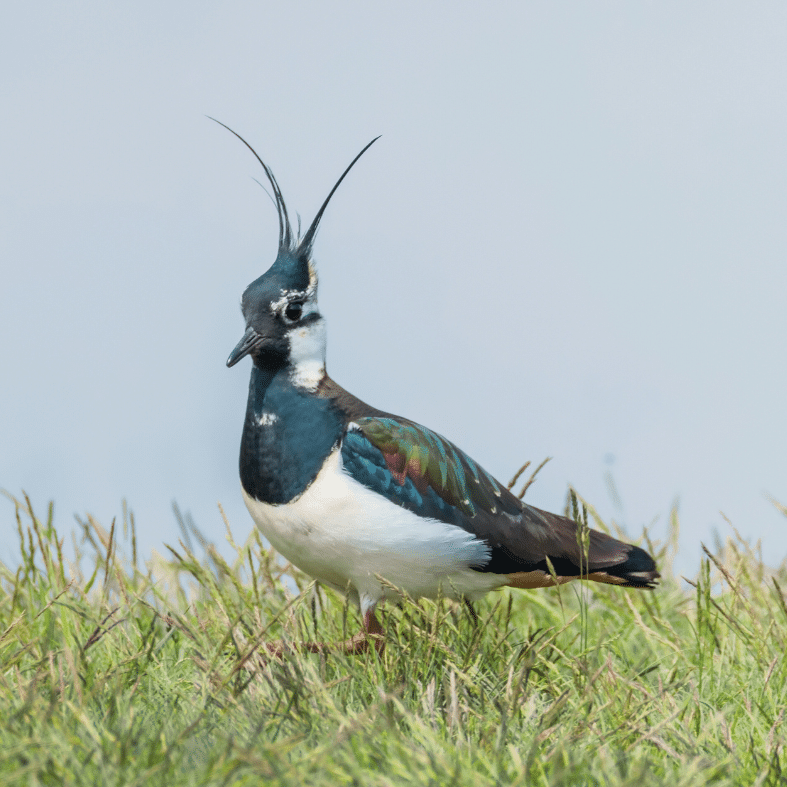

The Lough Erne Wildfowler’s Council (LEWC) celebrated ten years of impactful conservation work in Northern Ireland in November by organising a wader conservation conference, called ‘Working Together for Waders’.
This milestone event, a unique blend of reflection, education and collaboration, took place on a cold, windy and wet day, against the picturesque backdrop of Lusty Beg Resort in Fermanagh. To say it was a success would be an understatement.
The LEWC has been quietly making waves in the conservation world for almost a decade. Its community-based wader conservation projects have been the backbone of efforts to protect the delicate balance of nature surrounding this stunning landscape.
The choice of location was not arbitrary. Lusty Beg Resort stands proudly beside the initial conservation project site, symbolising the roots of LEWC’s journey. It was the perfect venue to bring together like-minded individuals and respected organisations passionate about protecting our breeding waders and their habitats.
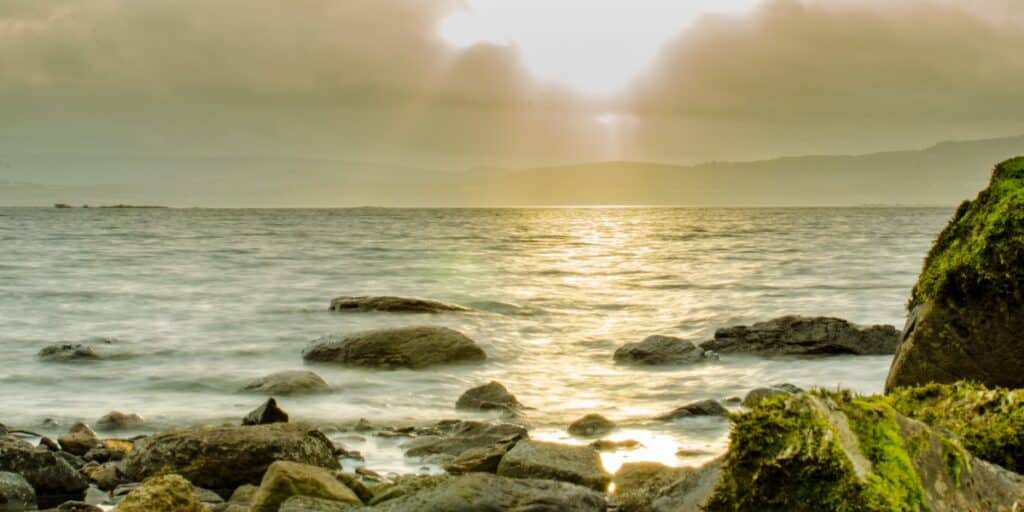
The conference was more than a commemoration. It was a platform to showcase the success stories and lessons learned over the past decade. More than 120 attendees were treated to a diverse array of presentations, showcasing local, national, and international wader conservation initiatives. However, the spotlight was on the collaborative efforts that have proven instrumental in the positive outcomes witnessed in this part of the world.
One of the key messages highlighted throughout the day was the power of partnerships. Genuine collaborations across diverse organisations have been the driving force behind LEWC’s accomplishments. Some of these involved local farmers and support from various funders, including the Lough Erne Landscape Partnership, the National Lottery Heritage Fund, BASC Wildlife Fund, the Department of Infrastructure, and Northern Ireland’s Environment Agency. By bringing together experts from Ireland, the UK and Europe, the conference highlighted the importance of unity in addressing the complex challenges faced by our breeding wader populations.
The line-up of speakers consisted of seasoned conservation experts including Mary Colwell – author, producer and campaigner for nature; Patrick Laurie – author, hill farmer and conservationist; Dr Andrew Hoodless – director of research at GWCT; Dr David Scallan – secretary general for FACE (the federation of European hunting organisations); and several others, all sharing their insights, findings and success stories. Their presentations delved into the intricacies of wader conservation, but also shed light on the broader implications for biodiversity. If we create, maintain or enhance the habitat, and manage the pests and predators, amazing things can happen, not just for the target species – in this case waders -but the ecosystem as a whole.
The conference provided a fantastic opportunity for those attending to connect, exchange ideas (and business cards, of course), and forge new prospective partnerships. As the sun (what little there was of it that day) set over Lower Lough Erne, it symbolised not just the end of a great day, but the dawn of the next decade of conservation effort for the LEWC. New partnerships, friendships and projects were developed and the positive conversations went on long into the night.
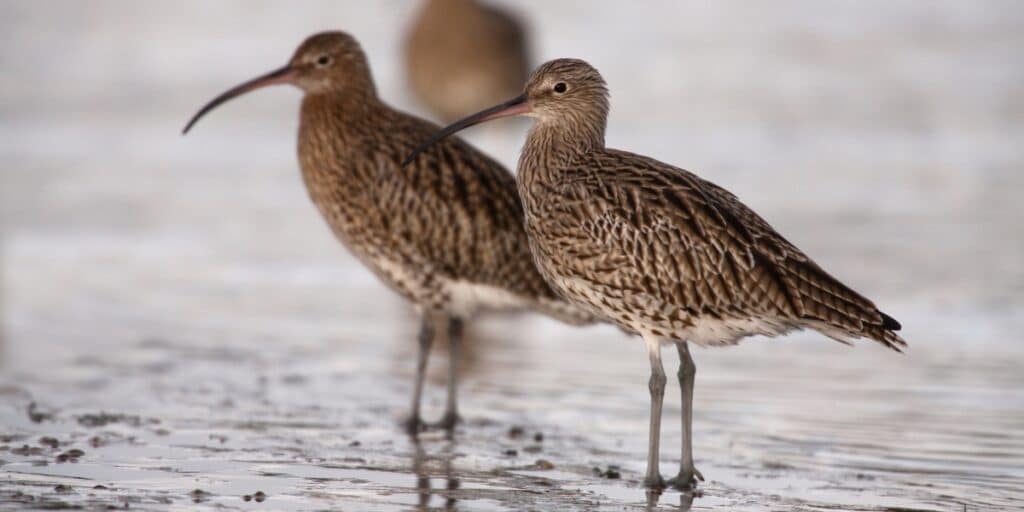
LEWC’s breeding wader conference stands as a testament to what can be achieved when passionate people set their sights high, work with local communities and the right organisations, and come together for a common cause. It was a celebration of a decade of dedication, a showcase of successful conservation models and a call to action for the future. As the LEWC looks towards the horizon of more collaborative conservation, the shores of Lower Lough Erne provide not just a picturesque setting, but also a profound reminder of the impact that can be made when we work together for the wellbeing of our natural world.
The LEWC will be leaving behind an amazing conservation legacy; what’s yours going to be?

Without good woodland, we can’t have woodcock so what can you do to help?
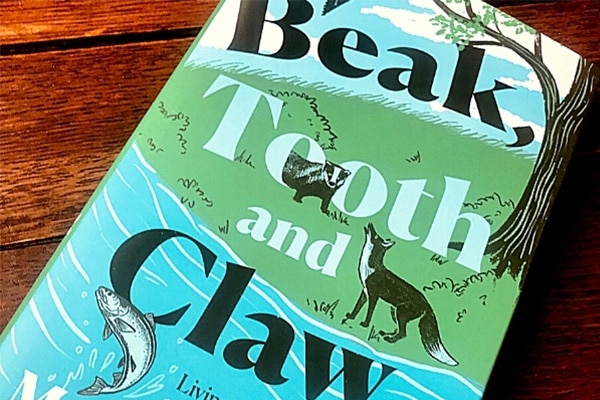
Guest blogger and keen wildfowler, Gethin Jones, reviews Mary Cowell’s latest book Beak, Tooth and Claw – Living with Predators in Britain.
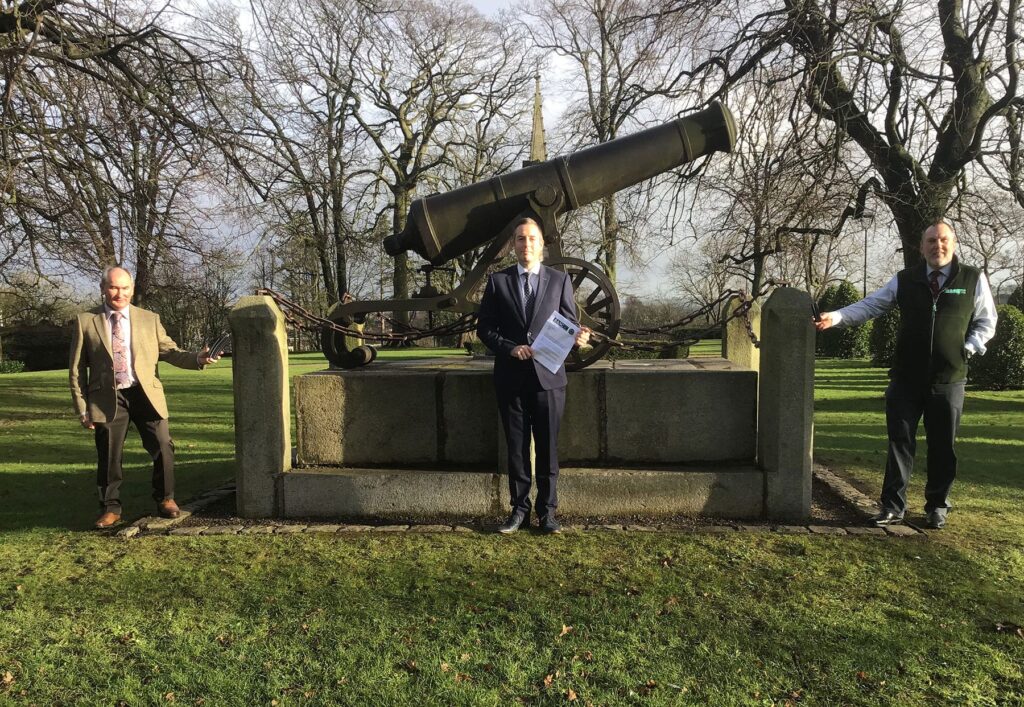
New requirement to list magazines on firearms certificates discussed in depth at meeting between BASC Northern Ireland and Paul Givan MLA.
Sign up to our weekly newsletter and get all the latest updates straight to your inbox.
© 2023 British Association for Shooting and Conservation. Registered Office: Marford Mill, Rossett, Wrexham, LL12 0HL – Registered Society No: 28488R. BASC is a trading name of the British Association for Shooting and Conservation Limited which is authorised and regulated by the Financial Conduct Authority (FCA) under firm reference number 311937.
If you have any questions or complaints about your BASC membership insurance cover, please email us. More information about resolving complaints can be found on the FCA website or on the EU ODR platform.
This website uses cookies so that we can provide you with the best user experience possible. Cookie information is stored in your browser and performs functions such as recognising you when you return to our website and helping our team to understand which sections of the website you find most interesting and useful.
Strictly Necessary Cookie should be enabled at all times so that we can save your preferences for cookie settings.
If you disable this cookie, we will not be able to save your preferences. This means that every time you visit this website you will need to enable or disable cookies again.
This website uses Google Analytics to collect anonymous information such as the number of visitors to the site, and the most popular pages.
Keeping this cookie enabled helps us to improve our website.
Please enable Strictly Necessary Cookies first so that we can save your preferences!
More information about our Cookie Policy